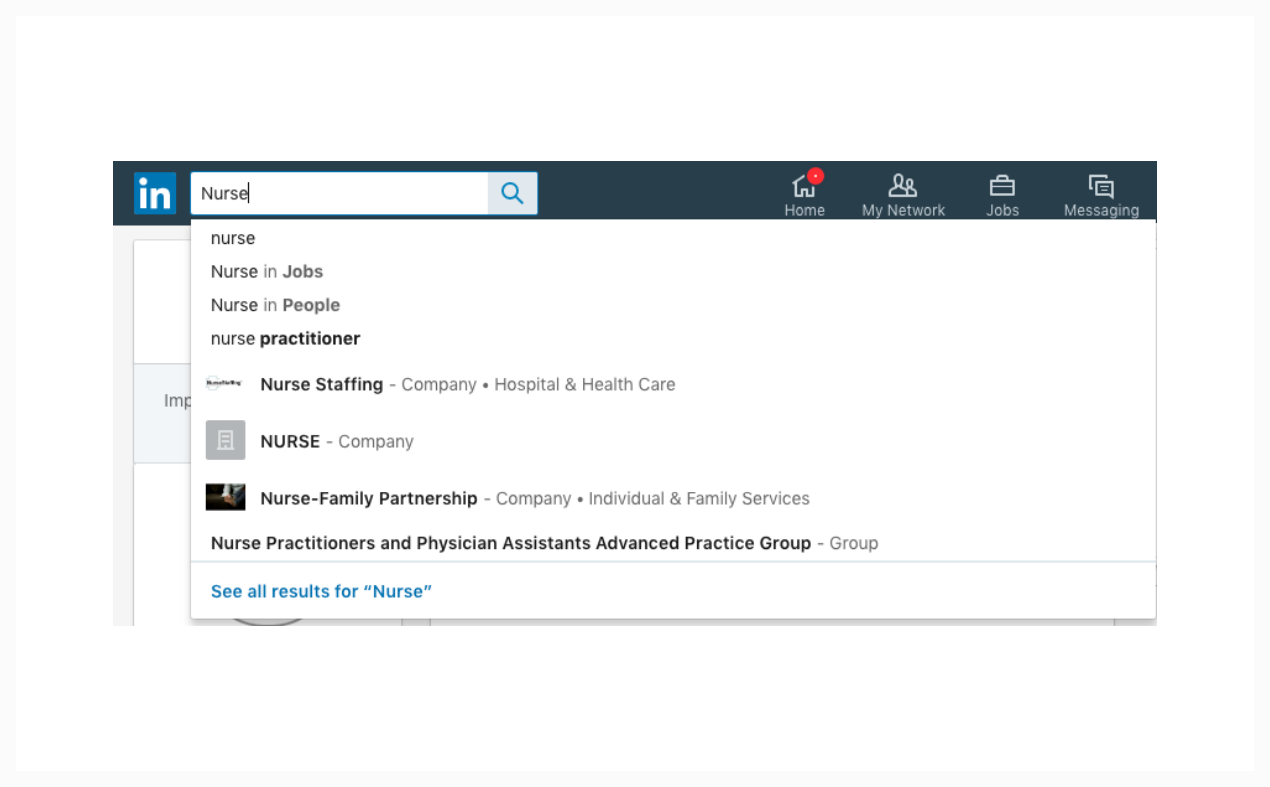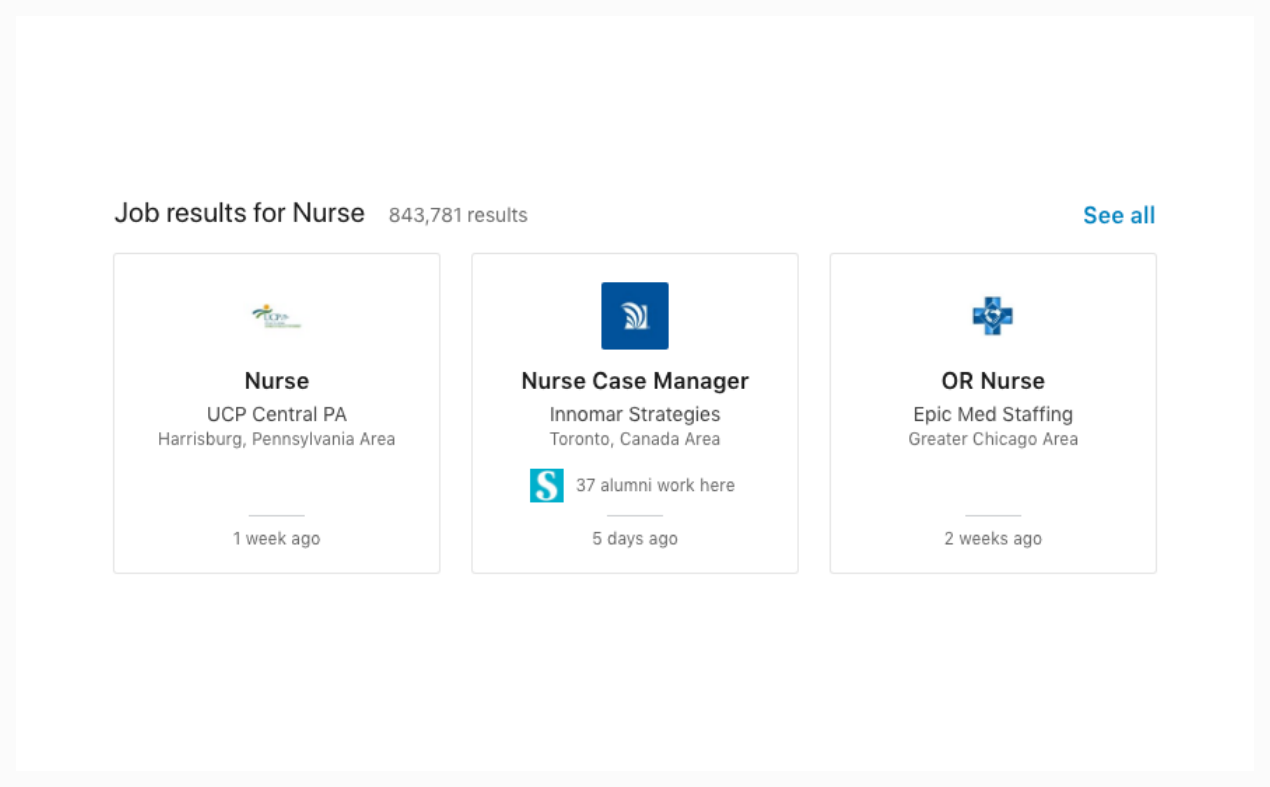If I asked you right now, “Soo… What kind of jobs are you thinking of doing this summer?”, what would you say?
Maybe…
“Anything. Just not retail.”
“Somewhere in downtown Toronto would be nice.”
“I want to work at any of the big banks/accounting firms/consulting firms.”
Or if you’re being honest, you might also say, “I don’t know.”
See, that’s the first mistake most of us make when looking for a job: we don’t actually know what we want.
I get it.
I got into co-op as a second year Business Technology Management student at Ryerson.
My program is pretty broad and as a result, I’ve tried out vastly different jobs for my co-op terms: I’ve worked as a business systems analyst, growth marketer, IT consultant, and project coordinator.
Today, I’ve found my niche in product marketing in tech, but I didn’t always know what I wanted – and that’s what this post is about.
I want to help you get specific about what you want to do, whether you’re anxious to land a job in the field you’re studying after graduation, or you want to get a “real” summer job to get your foot in the workforce door.
Now you’re probably wondering…
So Where Do I Start?
When I was a 2nd year business student, doing research for my first co-op term, I stumbled on to this equation that has served as a guiding light for my career:
Dream position + Dream company = Dream Job
It makes a lot of sense when you stop and think about it:
If you get the right position at a crappy company, you won’t be happy and you’ll hate going to work
If you get the wrong position at a top-notch company, you’ll be kind-of happy, but you’ll be bored out of your mind at work
So, you need both the right kind of work, and the right place to work to be happy at a job, and by the end of this blog post, I’m hoping that you’ll be able to respond with “I want to be an X at Y company this summer,” when someone asks you what you want to do.
Let’s get into the details.
Step 1: Know Which Position You Want
The first part of the dream job equation is to know the job you want.
Now that you understand the value of becoming specific, you should take 2-3 hours to do some research on what jobs excite you the most.
Try to come up with something to fill in this statement:
“I want to be a (job) because (reason 1) , (reason 2) , and (reason 3).”
For example…
“I want to be a product marketer, because I like figuring people out, helping them solve their problems, and translating that into a product they will use.”
“I want to be a writer, because I want to share what I know with the world, tell compelling stories, and make a living doing what I love.”
“I want to be a management consultant, because I enjoy working with top performers, solving challenging problems, and racking up travel points.”
To help you with this step, here are a couple of strategies to get you started:
1. Search on LinkedIn
These days I use LinkedIn to stay updated on my networks’ money moves, but there’s also one other reason I use it – to do research on interesting jobs.
To start, simply search the exact job title you want. Then click through to a few of the profiles you see. Browsing the work histories and educational backgrounds will give you a good grasp of what it takes to get the job.
You’ll also learn a lot of useful information about…
Companies that hire for that specific role
What that position entails
What the career progression looks like in that job
These are all very important information that some people don’t even know about until they start working.
2. Find Job-specific Resources
Now, when you’re on someone’s LinkedIn profile, you can usually scroll all the way to the bottom and find a list of influencers they follow and groups they’re a part of.
These resources are often chock-full of job-specific information that you want to know about.
Alternately, you can Google “how to become a [job title]”…
or “[job title] forum” and go from there.
By searching for these job-specific resources, you start to see what these professionals are reading and learning. This way, not only will you quickly figure out if a job is right for you or not, but based on the content and interactions in the forums, you’ll also have concrete questions and ideas to discuss with professionals that you meet – a good way to get your foot in the door.
As you take the time to do your research, keep in mind that this is only the first step. This is just an exercise to pique your interest so you know what questions to ask down the road. It’s totally OK to realize that a position isn’t for you, drop it and move on to another one.
Step 2: Know Which Company You Want to Work For
Now that you have a bit of an idea on what jobs you want to try out, it’s time to form the second half of the Dream Job equation – the company.
Similar to Step 1, for this step your objective is to complete this statement:
“I want to be a (job) in (specific company or type of company).”
And I want you to get really specific. For example:
“I want to be a 3D effects designer for a major film and television production company.”
“I want to be a junior venture capitalist in a major VC firm in the Bay area.”
“I want to work in growth marketing in a <100-person company in Toronto with a startup culture.”
To kick off this step, search up the positions you want on LinkedIn again. This time, though, focus on the companies. Pick 2-3 that you’d be interested to work for, go to their website and see what they’re about.
Then in your own words, see if you can answer the following questions:
What do they actually do?
How are they different from their biggest competitor?
What makes them different from all the other options their customer has?
If you want some up-to-date information on the company, do a Google News search on it.
For this step, your research doesn’t have to be perfect. You may miss one or two details, but the important thing is that you’re weeding out jobs and companies, and seeing what’s out there.
Conclusion
People who don’t know what they want submit their resumes to the application black hole: they either get rejected or never hear from the company again. The main reason for this is because they start updating their resume without really knowing what they want to do.
But you’re different.
By setting a solid foundation for your career and knowing the exact position and company you want, you’re doing the upfront work that will put you miles ahead of everyone else applying for jobs. simply because you know what you want.
So now that you’ve read all the way down here, block out a few hours on your calendar right away and get to work!
*Opinions expressed are those of the author, and not necessarily those of Student Life Network or their partners.








